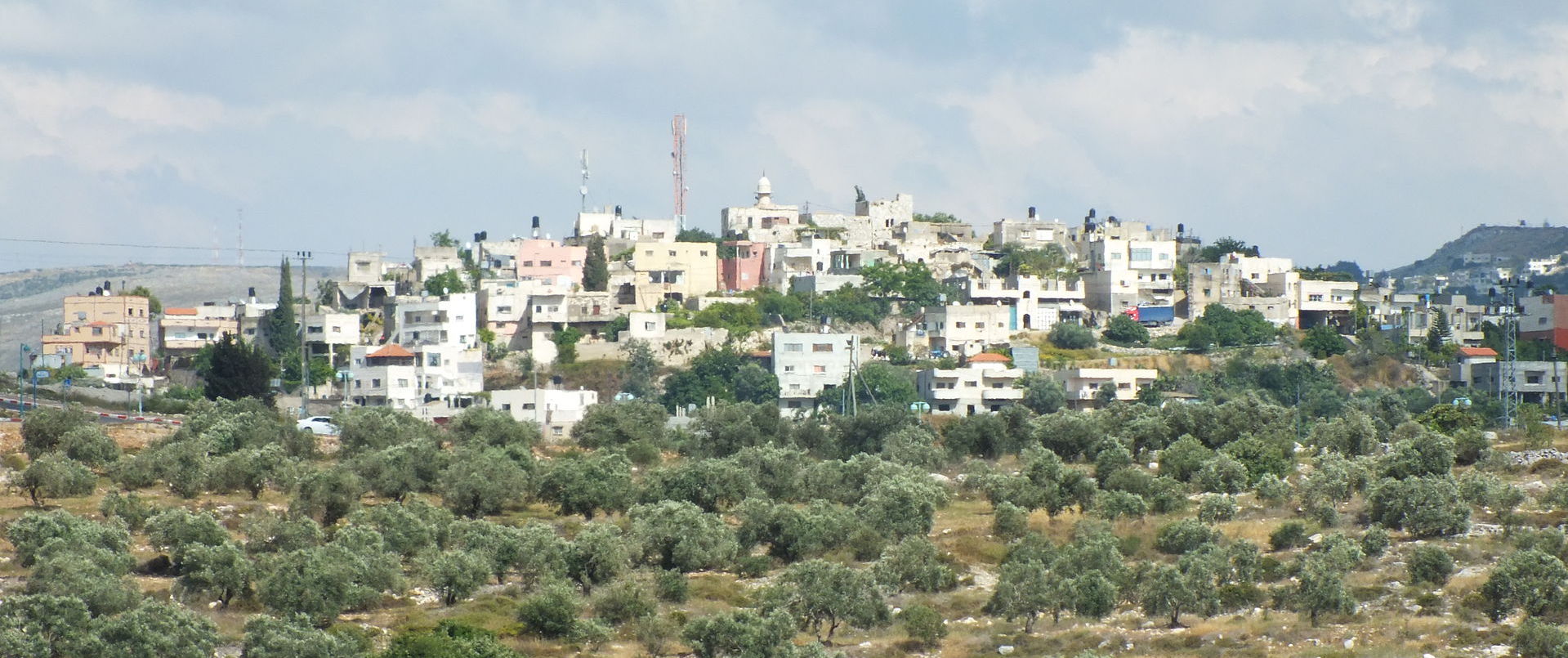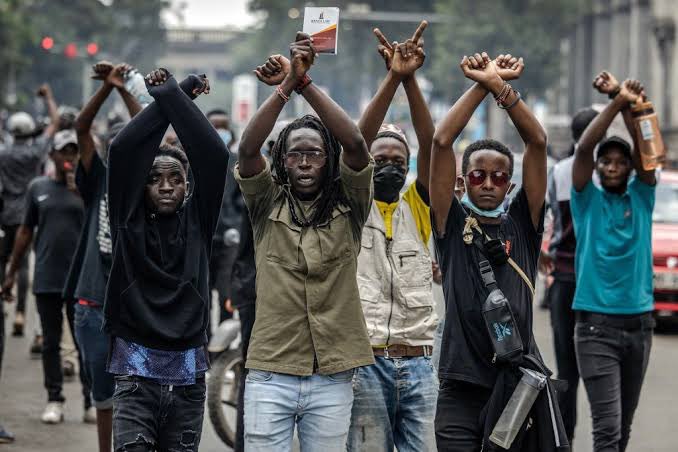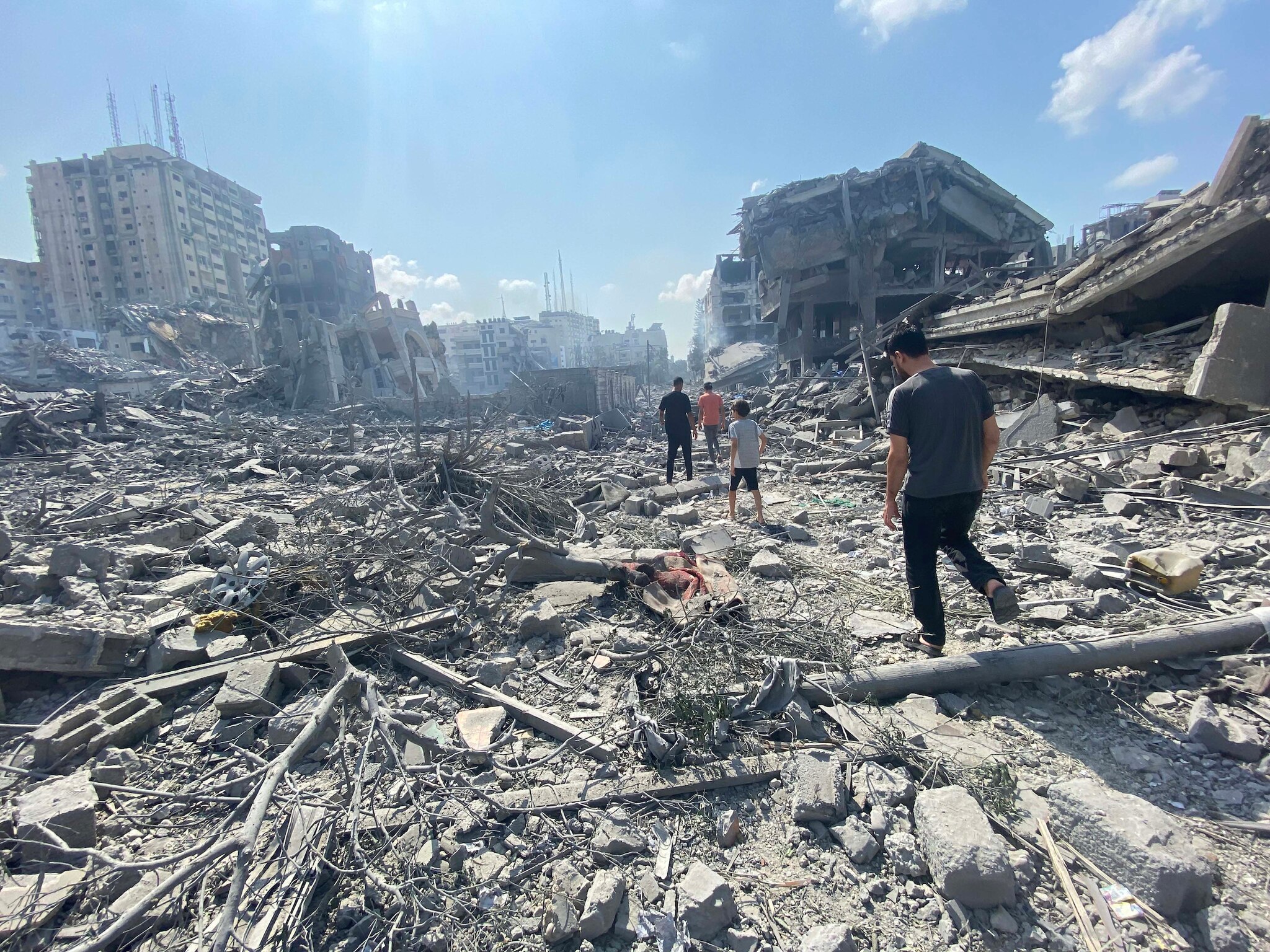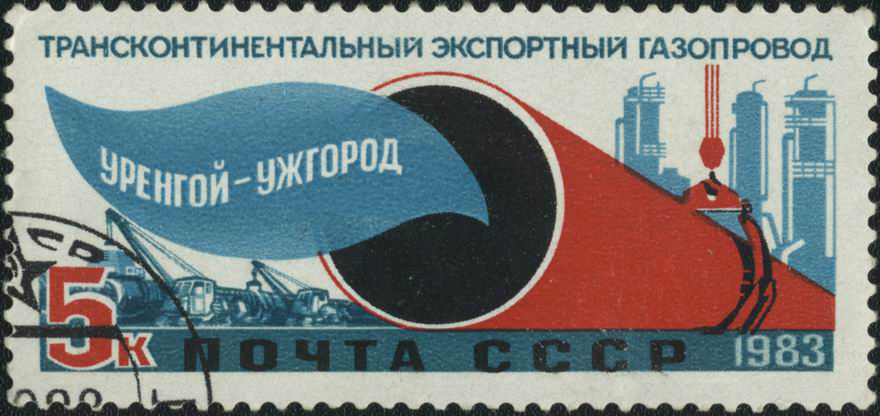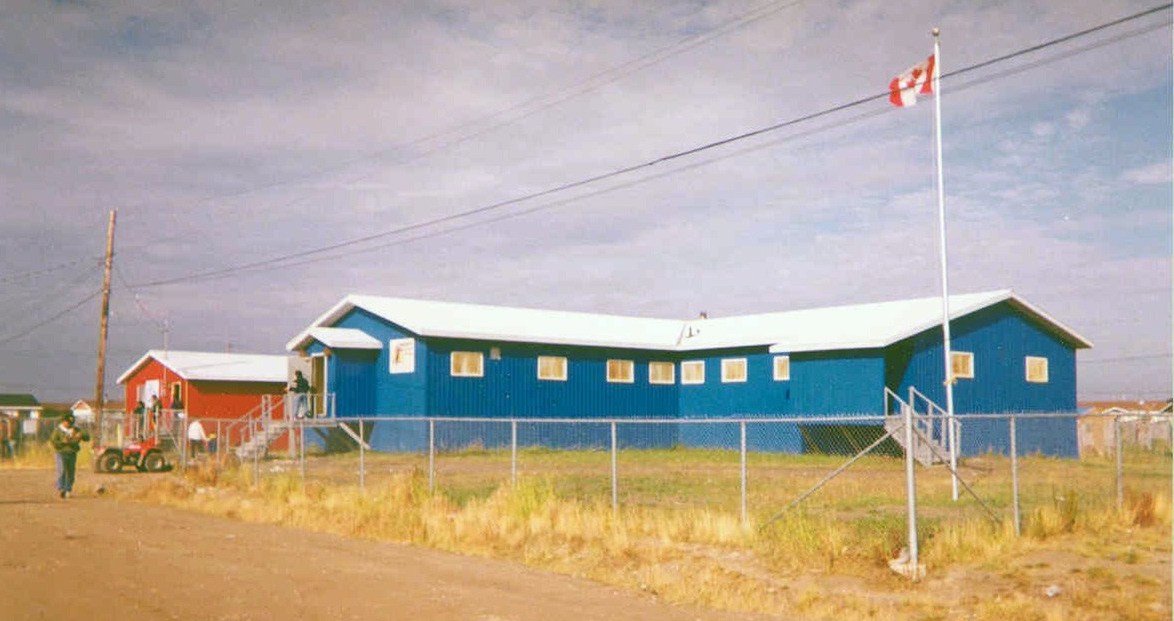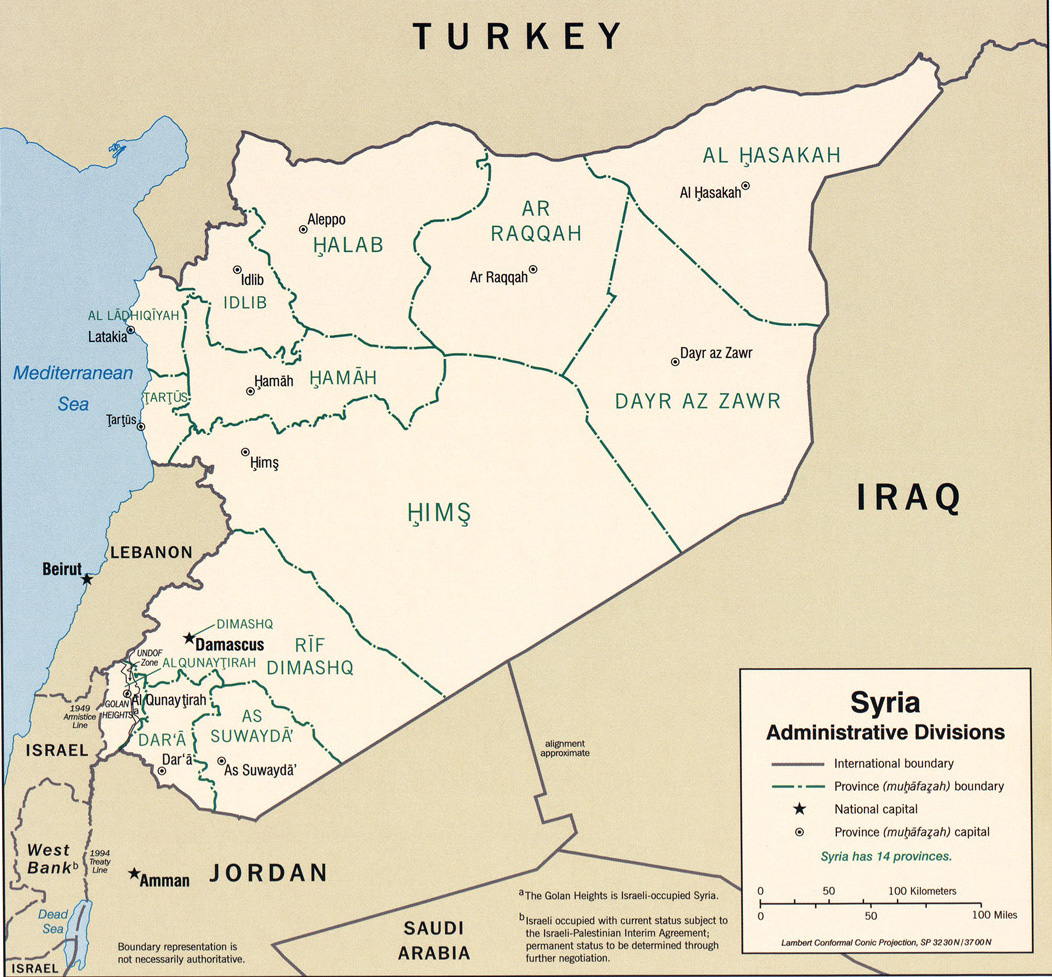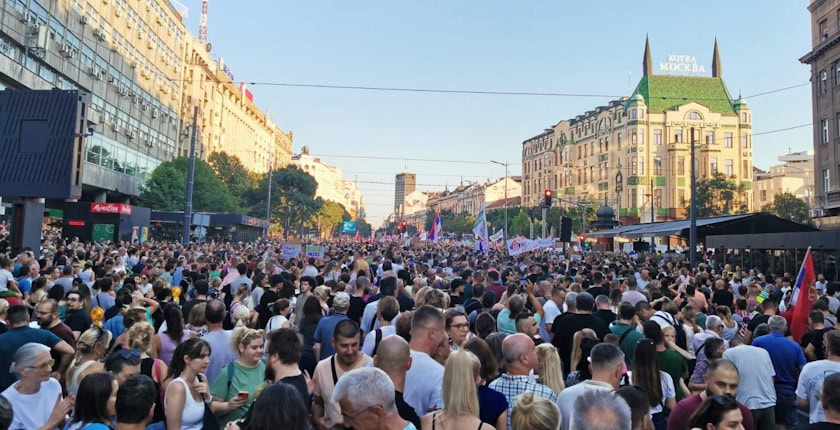
Sudan peace talks no-show
US-sponsored talks to halt the 16-month conflict in Sudan kicked off in Geneva, but there was a no-show from the army despite all the fanfare. There had been hope that the new venue and buy-in from regional powers supporting the warring factions—including Egypt and the United Arab Emirates—would give the process a better chance of succeeding than prior, disjointed mediation attempts. But the army’s command remains internally divided on the issue of dialogue—especially while it is on the back foot militarily—and is wary of the US. The paramilitary Rapid Support Forces (RSF), the army’s rival, is meanwhile being accused of attending talks only to launder its image and bolster its international legitimacy. Grassroots civilian groups also remain deeply wary of another potential power-sharing accord that strengthens the military generals at their expense. (Map: PCL)




